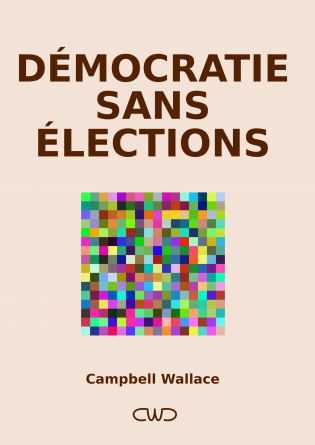 The following is a translation of an AFP article.
The following is a translation of an AFP article.
Reform of the CESE: The question of sortition generates a heated debate in the French Senate
October 15, 2020
Representative democracy vs. participative democracy: the question of the usage of allotment of citizen for participation in public consultations has generated a heated debate in the Senate during the discussion of the proposal for the reform of the Council for the Economy, Society and Environment (CESE).
The organic law bill, adopted by the National Assembly in September was approved on Thursday in first reading by the Senate with 292 votes for (LR, UC, PS, the large majority of RDSE, LIRT) and 50 abstentions (RDPI – mostly the LREM members, CRCE – mostly the communists, EST).
Assembly members and Senators are now going to try to reach an agreed text in a joint committee. If that fails, the National Assembly will have the last word.
During his speech in front of Congress in 2017, President Emmanuel Macron spoke about transforming the CESE, a little-known consultative institution which convenes representatives of employers, of workers’ unions and of NGOs at the Palais d’Iéna, into “a chamber of the future, where all the stakeholders of the nation take part”.
Short of a constitutional reform, the organic law bill aims to breathe new life into this institution in order to respond to strong demand for participative democracy in public opinion. Notably, the bill streamlines petitioning the CESE for it to form an opinion on economic, social and environmental questions raised by the public. The number of required signatures would be reduced from 500,000 to 150,000. The senators have approved this procedure with some reservations.
Moreover, opposing “any legitimization of sortition”, the right-wing Senate majority has removed any possibility for the CESE to organize “public consultations” based on allotment modeled after the Citizen Climate Convention. The removal of this central tool has been debated at length, with the government and the Left failing to reintroduce it through amendments during session.
Continue reading →
Filed under: Elections, Press, Proposals, Sortition | 9 Comments »





 The latest edition of “Down with Elections! a plan for Democracy without Elections” is now available. The paperback is at
The latest edition of “Down with Elections! a plan for Democracy without Elections” is now available. The paperback is at  On Friday the 16th of October, the Hannah Arendt Center at Bard College hosted a webinar entitled ‘Revitalizing Democracy: Sortition, Citizen Power, and Spaces of Freedom’, which you can watch
On Friday the 16th of October, the Hannah Arendt Center at Bard College hosted a webinar entitled ‘Revitalizing Democracy: Sortition, Citizen Power, and Spaces of Freedom’, which you can watch  The following is a translation of
The following is a translation of